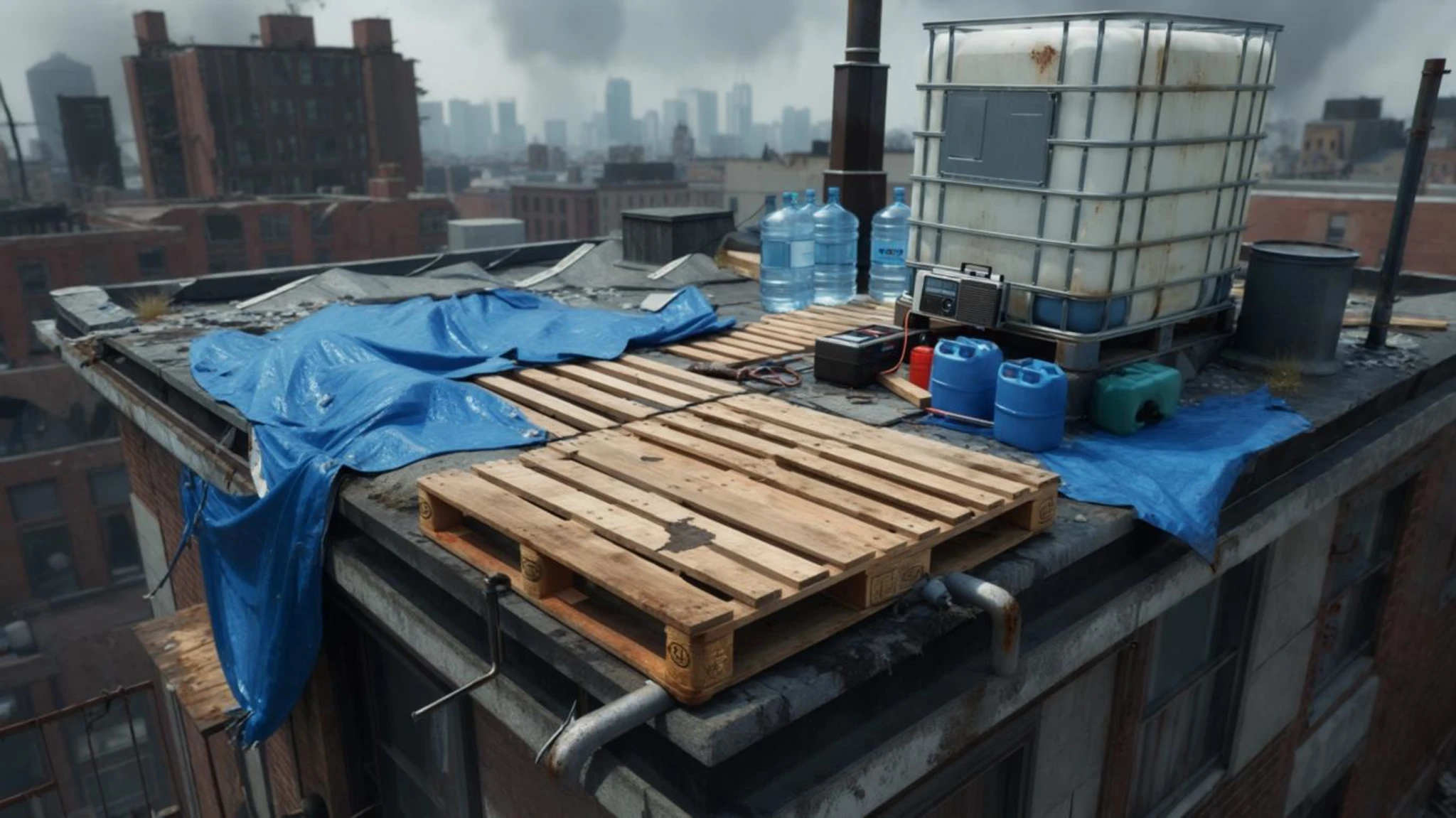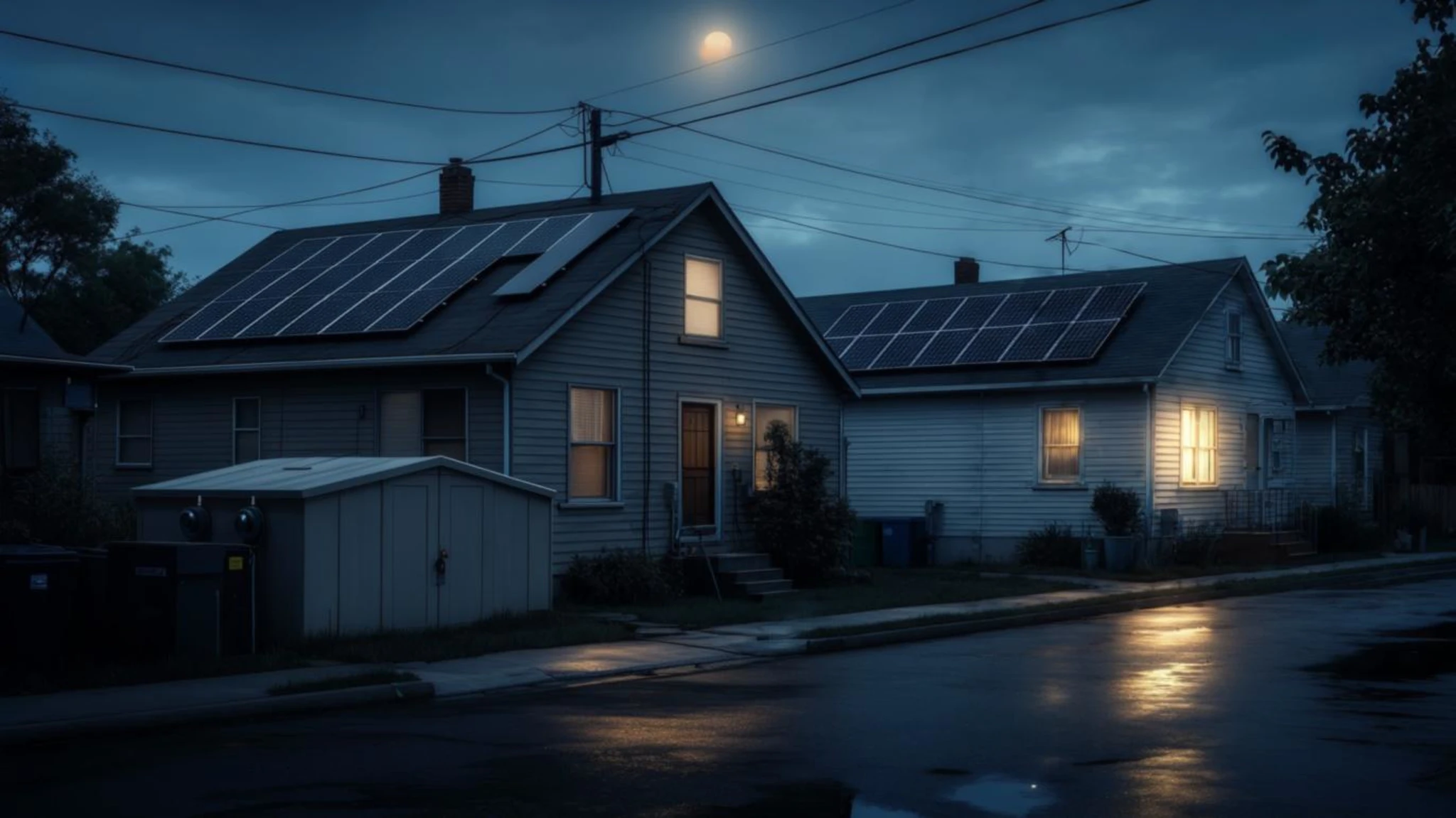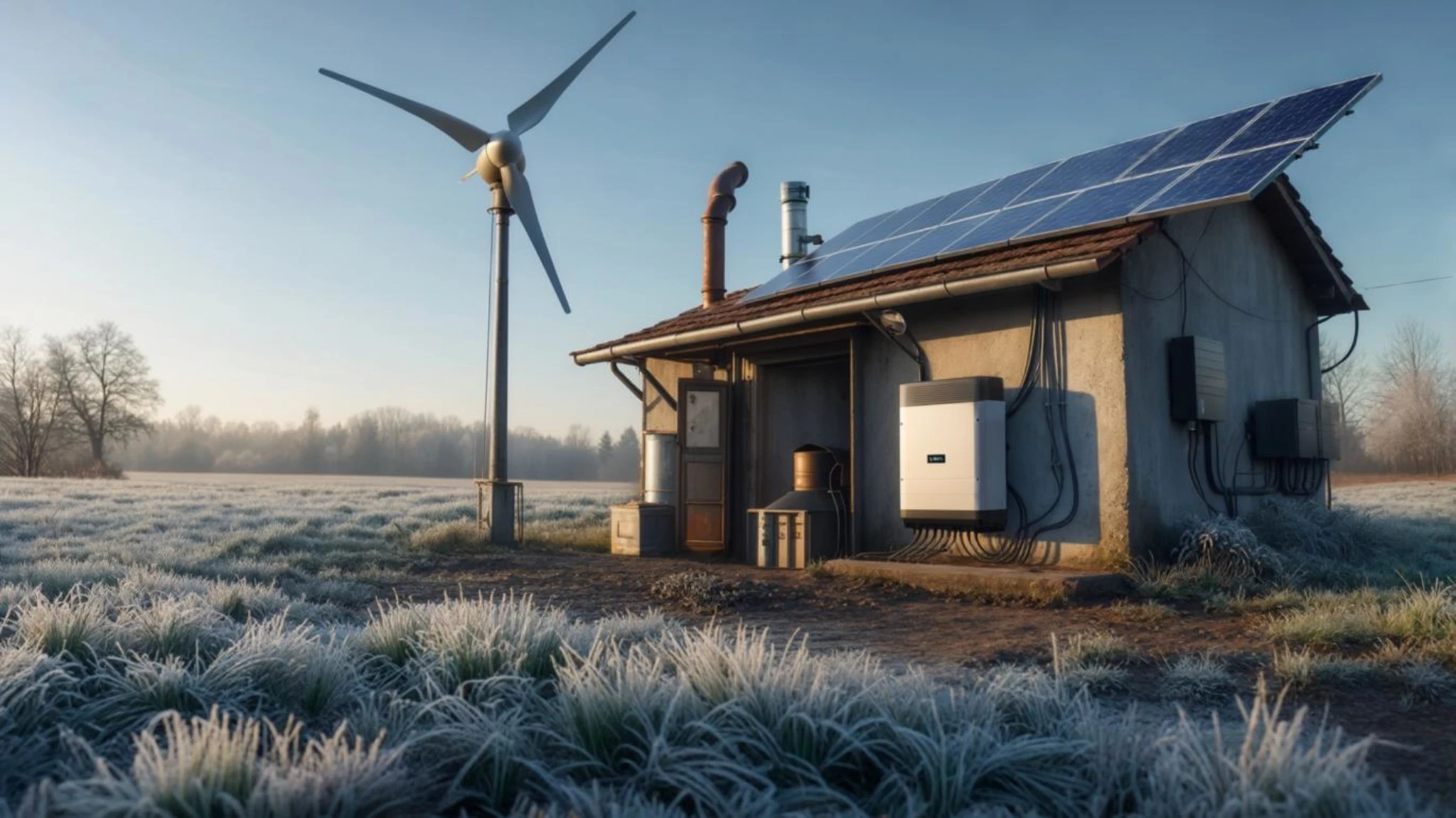The bombs stopped falling. The sickness burned through. The cities are silent now.
You’re still here. Maybe a few others too—people you found along the way. Scattered survivors clinging to what’s left.
There’s no government. No rulebook. No supply lines. No order. Just the shell of a world that used to be.
It’s easy to think survival ends with the collapse. But that’s when the real work begins. Because surviving the fallout is one thing. Rebuilding society is another.
And if you're one of the last left, what you do now will shape not just your future—but the foundation of whatever comes next.
Why Rebuilding Starts with People, Not Supplies
You can have a bunker full of food, a spring-fed well, and enough solar to run a city block—but if the people you’re with don’t trust each other, it won’t matter.
Community is the first infrastructure.
Before you grow crops or build walls, you have to build relationships. Understand this: the group you’re with—however small—is your new civilization.
How they act. How they solve problems. How they treat each other. That becomes your culture.
The First Days: Chaos or Order?
Right after the fallout, things are raw. Everyone’s tired, traumatized, paranoid. Food is scarce. Morale is low. People are still looking over their shoulders, waiting for another bomb or a raider ambush.
That’s when leaders either step up—or groups fall apart.
You don’t need a king. But you need structure. Fast. Who makes decisions? How are tasks divided? What’s the consequence if someone steals, lies, or hoards?
Leave these questions unanswered, and fear will do the answering for you.
Rules Matter—Even If You Write Them in the Dirt
One of the first things you’ll need is a basic code of conduct. Doesn’t have to be a constitution. But it should answer:
Even a handful of simple rules, agreed upon and enforced, creates stability. It gives people a sense of normalcy, fairness, and trust.
And in a world that’s gone mad, that might be the most valuable resource of all.
Building Trust in a Broken World
Most survivors will carry trauma. Betrayal, loss, fear. Some will be dangerous. Others will be guarded.
You build trust with actions, not promises.
Share food.
Keep your word.
Don’t steal.
Show up.
Speak the truth.
Do these things enough times, and even the most hardened souls start to see you as part of something bigger. Something worth protecting.
But know this: trust is fragile. One lie, one act of selfishness, and it cracks. And in a small group, cracked trust can be fatal.
Everyone Has a Role—Even the Broken
Rebuilding society means using what you have. That includes people who are injured, grieving, old, or lost in their heads.
In the old world, they’d be “nonessential.” In the new one, everyone can do something.
Watching for danger
Tending fires
Teaching skills
Preparing food
Holding space for grief
Every task filled by someone frees up someone else for hunting, building, or defense. Every person who feels needed becomes an ally, not a liability.
Justice, Forgiveness, and Survival
What happens when someone breaks the rules? What happens when someone does something horrible—out of fear, out of hunger, or just because they snapped?
You can’t afford lawlessness. But you also can’t afford to waste lives needlessly. Every group has to find its balance. Some will exile. Some will punish. Some will forgive, but never forget.
Whatever your system is—it needs to be consistent. Transparent. Understood. The moment justice feels like vengeance, your community begins to rot.
Sharing the Load: Leadership Without Tyranny
Leaders will emerge. Sometimes because they speak the loudest. Other times because they just do the work.
The best leaders in the aftermath aren’t dictators. They’re the ones who:
Leadership isn’t about command—it’s about responsibility. If you’re the one they look to, don’t seek power. Seek to build something that outlasts you.
From Surviving to Living Again
Once food is stable, water is clean, and security is in place, something unexpected happens: people start to hope again.
That’s when you build.
That’s when you stop thinking like survivors—and start thinking like humans again.
You won’t rebuild the old world. But you’ll build a new one, smaller, leaner, tougher—and maybe, just maybe, more honest.
After the fallout, after the smoke clears, you’re not just surviving anymore. You’re the foundation of the next world.
And the choices you make—how you lead, how you treat others, how you forge trust from ash—will echo for generations.
Because the first community isn’t just about staying alive.
It’s about remembering what life was supposed to mean in the first place.



